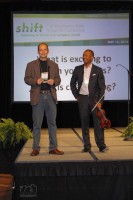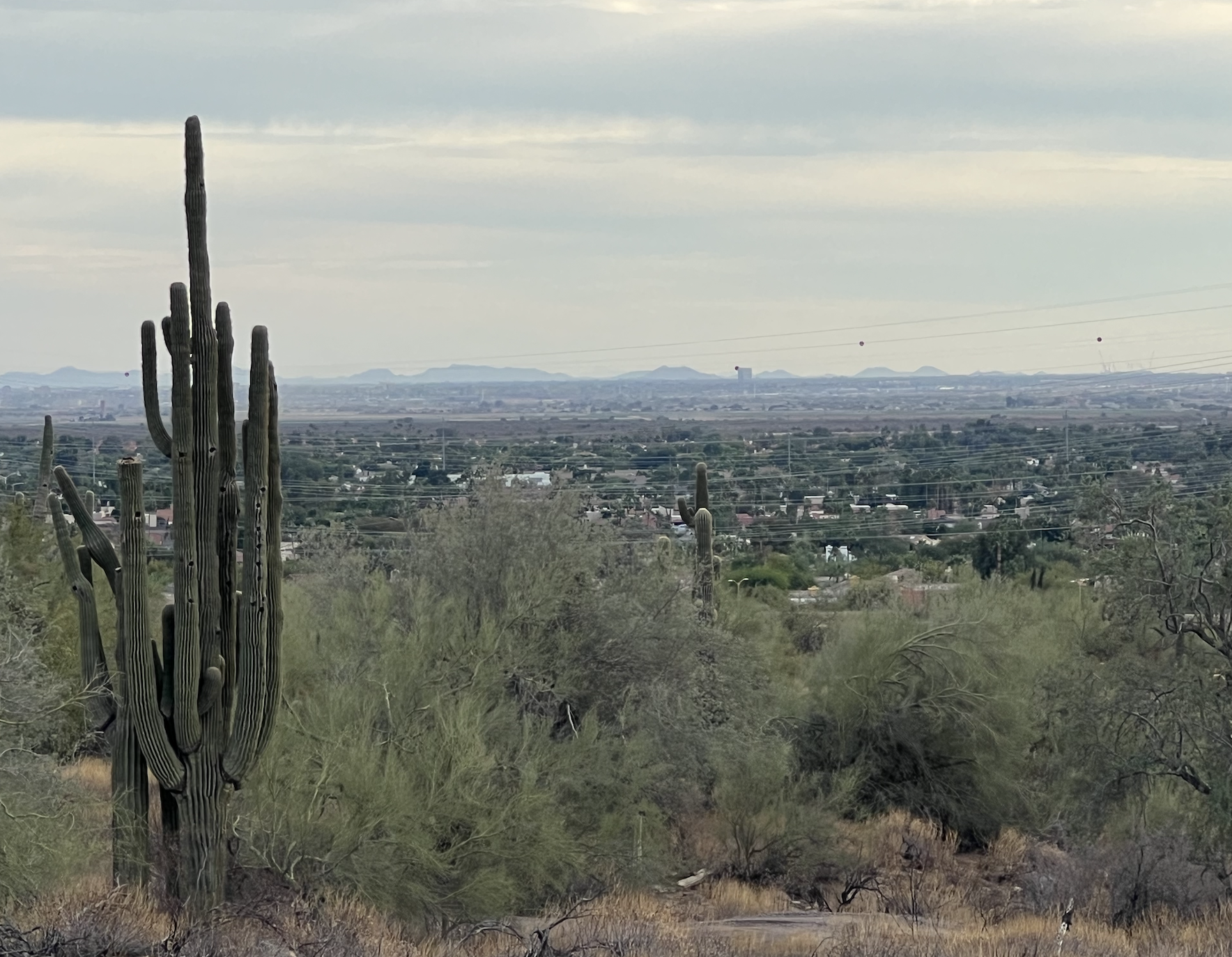 Last week I was able to be part of an opening for the Washington State Nonprofit Conference, Shift: Learning to Thrive in a Complex World. This was the 20th annual version of this conference. Alison McCaffree, Executive Director for Washington Nonprofits, put a lot of good thought into organizing this conference and it’s tracks on Paradigm Shift, Narrative Shift, Shape Shift, and Shift Change. I love it that she wanted to have many formats for learning at this large conference — I’m told there were 450 participants this year. I was happy to be part of imagining some of those options with her, along with my partner Teresa Posakony, early in the planning process, particularly about reshaping the large conference design..
Last week I was able to be part of an opening for the Washington State Nonprofit Conference, Shift: Learning to Thrive in a Complex World. This was the 20th annual version of this conference. Alison McCaffree, Executive Director for Washington Nonprofits, put a lot of good thought into organizing this conference and it’s tracks on Paradigm Shift, Narrative Shift, Shape Shift, and Shift Change. I love it that she wanted to have many formats for learning at this large conference — I’m told there were 450 participants this year. I was happy to be part of imagining some of those options with her, along with my partner Teresa Posakony, early in the planning process, particularly about reshaping the large conference design..
My role was in the first session, joining Quinton Morris a concert violinist, chamber musician, and Assistant Professor of Chamber and Instrumental Music at Seattle University. Really good guy. I enjoyed meeting him, playfully bantering together. He played music of his choice, show tunes for this 8:00 start. I interviewed him on themes of shift, what he loves about his music, and how artistry is needed in leadership and change work. I found it to be playful and helpful.
I then had the role of, what I would call, activating the participants. It was a simple set up about the importance of turning to one another. It was also a set up for more engaged learning during the day. I had them turn to each other in partner conversations with these questions (different partner on each one):
- How are you arriving today? (A simple question to get them started by sharing some of their inner condition, whether it was frazzled by traffic, or excited for the day.)
- In what way is artistry important in your work? (Building on the theme to help draw attention to artistry, creativity, and the spirit of innovation.)
- What is exciting to you in your shifts? What is challenging? (Some attention to where there is natural energy, and, to witnessing what are real challenges for them, rather than having those buried and unspeakable.)
- In one phrase, what is the primary shift that you are giving attention to? Why? (We harvested this on post-it notes and based on the tracks that Alison had created. Steven Wright had made for large maps of the state on which participants could place these post-it notes — one for each track. We later categorized similar shifts together.)
- What is one intention you have today to support you in your learning? (This was about an intention for the day, not for the broader picture of their work. I had them write this on their name tags so that it was visible and a could be a point of curiosity among participants later in the day.)
Glad to have been part of this event, and in particular this theme, the artistry of change. Activating the group, is part of that artistry for me.
A writeup from a participant, Jeni Craswell, Director of Philanthropy with Imagine Housing is here.

Thanks for being part of a great day Tenneson. I enjoyed your thoughtfulness in putting together a great opening session. We had 625 people participate in the conference has a whole and 515 on the main conference day. Sincerely, Alison McCaffree